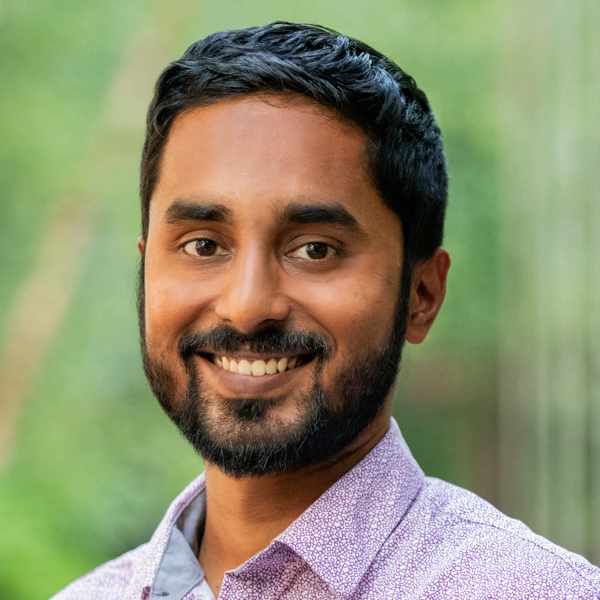Khoury News
Facebook Awards Khoury College PhD Student with Prestigious Fellowship
A Khoury College of Computer Sciences PhD student, Giridhari Venkatadri, received the prestigious Facebook Fellowship for his research on online social media privacy. Venkatadri is one of 21 recipients for […]

A Khoury College of Computer Sciences PhD student, Giridhari Venkatadri, received the prestigious Facebook Fellowship for his research on online social media privacy. Venkatadri is one of 21 recipients for this year’s award, which recognizes “promising doctoral students who are engaged in innovative and relevant research in areas related to computer science and engineering.”
Advised by Associate Professor Alan Mislove, Venkatadri scrutinized the analytics of the Facebook advertising platform, looking for ways in which private user information such as phone numbers could be inadvertently leaked. He found vulnerabilities within the platform’s targeted advertising feature, which allows advertisers to specify which users should receive their ads based on their interests and demographics. Venkatadri now works on fixes to prevent private user data from leaking through this feature.
Mislove remarks, “This is a prestigious award, like that of the National Science Foundation or a Google Fellowship.” He adds, “It will fund [Venkatadri’s] research and give him travel support to attend conferences, as well as recognition of the importance of his research to computer science and Facebook.”
For Venkatadri, receiving the selective fellowship felt great. “This fellowship is a good source of support and affirmation to me as a researcher.” During the fellowship, Facebook brings the fellows together for a summit. This excites Venkatadri because it brings together “interesting people from all different areas of computer science.”
While conducting his research, Venkatadri had to approach the privacy problem from two directions: how effectively can this privacy issue be exploited, and how effectively can it be defended. “You have to put on two hats – one for good, one for bad.” He acknowledged Mislove’s contributions as his advisor: “He is very supportive and provides great guidance and feedback.” Venkatadri thanks his research collaborators both within and outside Northeastern University and says he plans to continue his work on privacy in industry or academia after graduation.
In addition to Venkatadri’s insights into privacy vulnerabilities, Mislove adds that he was fun to work with. “Both of us had an inkling about Facebook’s data upload being similar to a database query, and a place where information could potentially be leaked, but [Venkatadri] was creative with how to use the Facebook interface in unexpected ways to find leaks and vulnerabilities.”